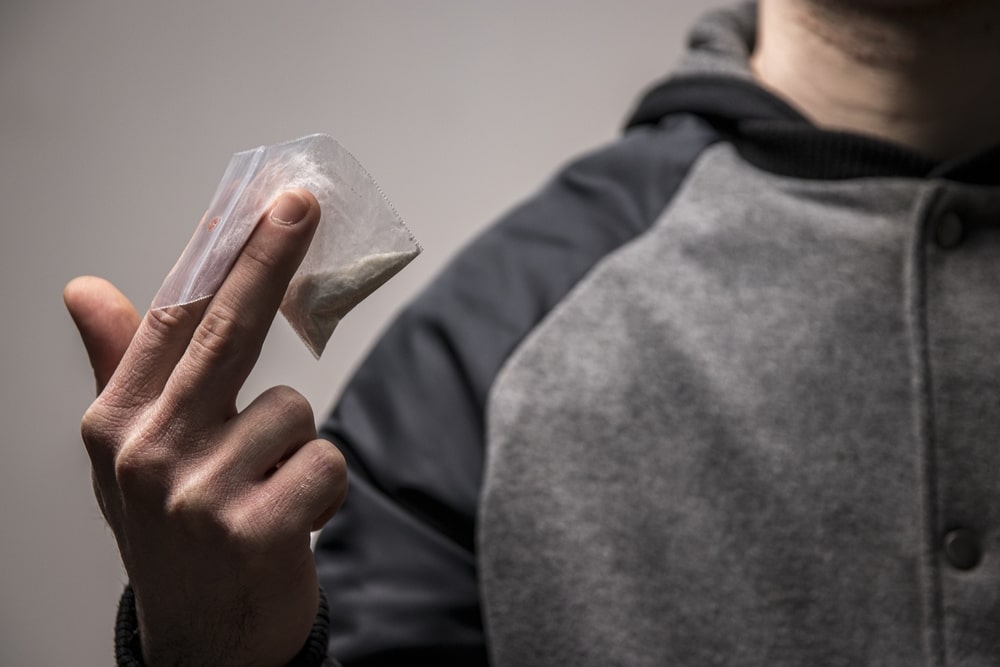Heroin is a highly addictive, illegal, rapidly acting opiate that is synthesized from morphine. Morphine is derived from the seeds of the opium plant, poppy. As such, any drug that is derived from opium poppy plants are classified as opiates. Prior to 1920 heroin was considered a legal medication prescribed to both children and adults by doctors in America as a pain management treatment and even as cold medicine. Due to its addictive qualities, in 1924, the U.S. government passed the Anti-Heroin Act and illegalized heroin. Heroin is currently classified as a Schedule I Controlled Substance by the United States Drug Enforcement Administration (DEA), which is defined as a substance “with no currently accepted medical use and a high potential for abuse.” The National Institute on Drug Abuse assert that habitual use of heroin can lead to both short and long term changes in one’s brain. Heroin is recognized as one of the most addictive substances available. Furthermore, the American Society of Addiction Medicine reports that nearly one in four individuals who use heroin go on to develop an addiction.
There are a variety of treatment methods used to help an individual recover from an addiction to heroin. The typical treatment process for heroin addiction is comprised of the following three stages, in sequential order:
- Detox: detox is the process that rids one’s body of all foreign substances. Though the withdrawal symptoms (e.g., insomnia, anxiety, vomiting, tremors, diarrhea, etc.) that typically manifest when detoxing from heroin are rarely life threatening, they can cause severe discomfort, as such a medically assisted detox is advised to assist with mitigating the adverse withdrawal symptoms.
- Formal treatment program: substance abuse and/ or addiction treatment programs are conducted in either an inpatient setting or an outpatient setting. Due to the physiological effects of heroin abuse, individuals struggling with heroin addiction are advised to attend an inpatient treatment program. Inpatient treatment programs require its participants to reside at the treatment facility for the duration of the program. High quality substance abuse and/ or addiction treatment programs provide its participants with tailored treatment plans. Depending on one’s needs, these treatment plans may include certain FDA-approved medications (e.g., methadone or buprenorphine) as well as therapeutic treatment modalities, some of which could include any combination of: cognitive behavioral therapy (CBT), dialectical behavior therapy (DBT), psychodynamic psychotherapy, interpersonal therapy (IPT), mindfulness-based therapy, creative arts therapies, and more. In most cases integrating a combination of both psychotherapy and medication into one’s treatment plan yields the most successful long-term results.
- Aftercare: during the formal treatment program an individual will develop an aftercare plan with his or her clinical team. This serves as a personalized resource that provides individuals with both detailed and broad guidance, often including suggestions for how to navigate challenges post treatment, strategies for relapse prevention, and more to help with continued sober success.
Everyone is different and will require a customized recovery plan that is developed to incorporate the best possible treatment methods that are specifically geared to address each person’s nuanced needs. Hence, although the treatment process is broadly made of up the same three stages, there is an array of options within each stage.
For Information and Support
If you are concerned for yourself or a loved one regarding substance abuse and/ or addiction, we recommend reaching out for help as soon as possible. If left untreated, substance abuse can result in long lasting and potentially life-threatening consequences. Keep in mind: you are not alone! There is an entire network of professionals that are available to help and support you and your loved one throughout the recovery process. The earlier you seek support, the sooner your loved one can return to a happy, healthy, and fulfilling life.
Please do not hesitate to reach out with any questions regarding our specific program at Haven House Addiction Treatment and/ or general substance abuse and/ or addiction treatment related information. Our highly trained staff is readily available to discuss how we might best be able to help you and your loved one. We can be reached by phone at 424-258-6792. You are also welcomed to contact anytime us via email at admissions@hhtxc.com.



